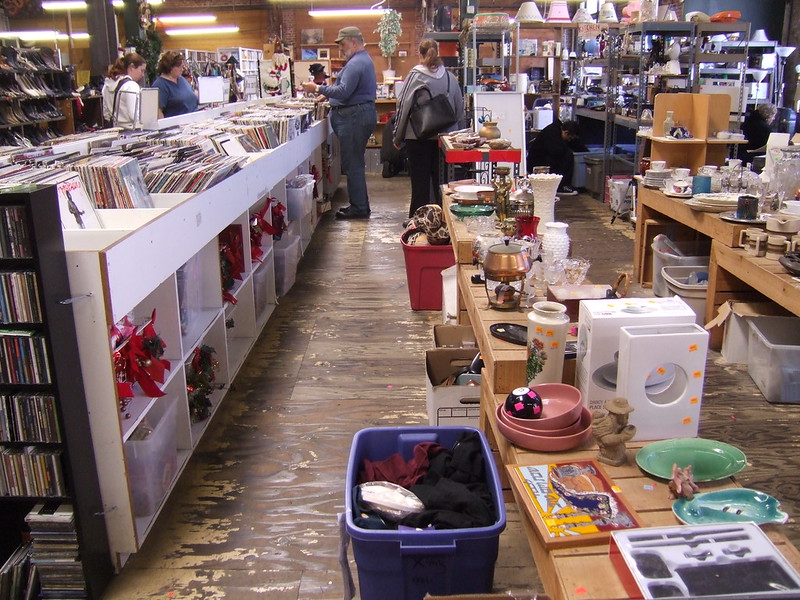The Ultimate Guide to Garage Sales in Japan: A Treasure Hunter's Paradise
Japan's unique approach to secondhand shopping has transformed the traditional garage sale concept into a fascinating cultural phenomenon. From local neighborhood sales to organized flea markets, these events offer incredible opportunities to discover vintage items, collectibles, and everyday goods while experiencing authentic Japanese community spirit.

Popular Types of Japanese Garage Sales
The secondhand shopping scene in Japan encompasses various formats. Temple markets (Kobo-san) occur monthly at historic temples, offering antiques and traditional items. Neighborhood associations organize community sales called “furuggi-ichi,” where local residents gather to sell household goods. Modern variations include indoor flea markets at shopping centers and seasonal street markets.
What to Expect at Japanese Garage Sales
Unlike typical Western garage sales, Japanese events maintain strict quality standards. Items are usually clean, well-organized, and reasonably priced. Sellers often provide detailed information about products’ conditions and origins. Common finds include kitchen items, electronics, clothing, books, and traditional Japanese goods like kimono and ceramics.
Shopping Etiquette and Tips
When shopping at Japanese garage sales, understanding local customs is essential. Bargaining is less common than in other countries, as prices are typically fair from the start. Bringing your own shopping bag is recommended, and arriving early ensures the best selection. Basic Japanese phrases for greetings and numbers can enhance your shopping experience.
Best Locations for Garage Sale Shopping
Tokyo’s Setagaya Boroichi Market and Kyoto’s Toji Temple Market rank among Japan’s most famous secondhand shopping destinations. Regular events occur in residential areas of major cities, while rural regions often host seasonal sales combining new and used items.
| Location | Event Type | Frequency | Notable Items |
|---|---|---|---|
| Setagaya | Street Market | Bi-annual | Antiques, Crafts |
| Toji Temple | Temple Market | Monthly | Traditional Items |
| Ohi Racecourse | Flea Market | Weekly | Modern Goods |
| Yoyogi Park | Community Sale | Monthly | Mixed Items |
Prices, rates, or cost estimates mentioned in this article are based on the latest available information but may change over time. Independent research is advised before making financial decisions.
Maximizing Your Garage Sale Experience
Success at Japanese garage sales requires planning and cultural awareness. Many events start early morning and conclude by early afternoon. Following event calendars on social media or local community boards helps track upcoming sales. Building relationships with regular sellers can lead to special finds and better deals in this unique retail environment.
Beyond the thrill of discovering unique items, Japanese garage sales offer insight into local culture and sustainable shopping practices. These community events exemplify Japan’s commitment to reducing waste while maintaining high standards of quality in the secondhand retail market.






